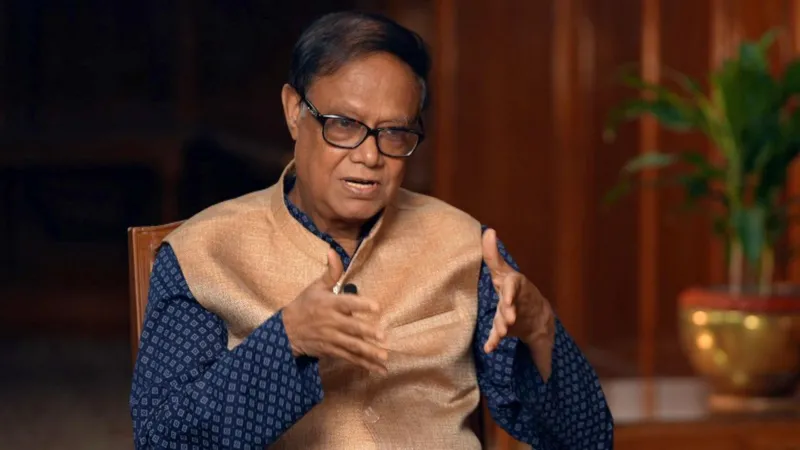In order to curb inflation, Dr. Ahsan H. Mansur stated he will increase rates even more in the upcoming months, to at least 10%.
Rising costs have been a big worry for Bangladesh, which has also seen pressure on its currency due to a decline in remittances and a negative impact on garment exports due to political upheaval.
While offering the South Asian country a $4.7 billion (£3.6 billion) loan, the International Monetary Fund (IMF) has encouraged Bangladesh to tighten its monetary policy and maintain flexible exchange rates.
Dr. Mansur claimed to be in communication with the body to “front load” and “augment” this quantity.
According to him, Bangladesh is also requesting an extra $1.5 billion from the World Bank, as well as $1 billion from the Japan International Cooperation Agency and the Asian Development Bank.
Curfews and internet disruptions that preceded the overthrow of Prime Minister Sheikh Hasina’s administration earlier this month have also affected prices.
This week, Nobel Peace Prize winner Muhammad Yunus named Dr. Mansur, an experienced economist with thirty years of IMF experience, as the new governor of Bangladesh Bank.
Following the recent fall of the previous government, a number of bureaucratic departures included the resignation of former Governor Abdur Rouf Talukder and two additional deputy governors.







